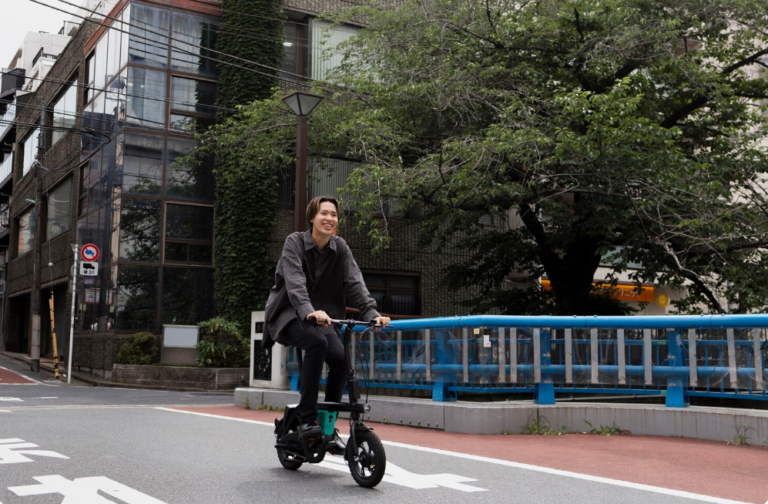Traveling is thrilling, but it also exposes you to unique health risks. Vaccinations provide a layer of protection, ensuring you’re shielded from diseases common in various regions. Whether you’re trekking through tropical forests or exploring urban landscapes, understanding how vaccinations work is essential for a safe journey.
Understanding the Importance of Travel Vaccinations
Travel vaccinations are your frontline defense against many serious diseases. Each region you visit may have different health risks, from yellow fever in South America to typhoid in parts of Asia. Vaccinations help your immune system prepare in advance. With immunity built up, your body can effectively fight off these diseases should you encounter them. It’s a simple but powerful precaution.
How to Know Which Vaccines You Need
Vaccination requirements vary widely based on your destination. The Centers for Disease Control and Prevention (CDC) and the World Health Organization (WHO) regularly update recommendations based on outbreaks and regional health concerns. Typically, vaccines for hepatitis A, yellow fever, and typhoid are advised for many global destinations. Some vaccines, like the one for yellow fever, may be mandatory for entry in certain countries. Planning ahead and consulting a travel health clinic can help you determine the specific vaccinations you need for your journey.
How Vaccinations Work to Protect Your Health
Vaccines work by preparing your immune system. They expose it to a controlled amount of a virus or bacteria, allowing it to build antibodies without causing illness. This response means that, if you’re exposed to the actual disease during your travels, your body can react quickly to neutralize the threat. Essentially, vaccinations are a health insurance policy, building your immunity in advance so you can focus on enjoying your trip without worry.
Reducing the Spread of Infectious Diseases
Vaccinations do more than protect individual travelers. They reduce the likelihood of spreading diseases between regions and populations. For instance, vaccinations against diseases like measles, mumps, or rubella help prevent these illnesses from re-entering regions where they have been eradicated. When you get vaccinated, you’re playing a small but essential role in global health security. It’s about keeping yourself safe—and doing your part to protect others, too.
Travel Vaccinations Are More Accessible Than Ever
Many people assume getting travel vaccinations will be complex or costly. In reality, vaccines are increasingly accessible, especially for common travel destinations. Major cities and travel health clinics now offer comprehensive vaccination services, often bundled with health advice tailored to your specific trip. Some countries even offer vaccines at entry points for diseases like yellow fever. With the right preparation, getting vaccinated can be a straightforward part of your travel planning process.
Taking the Next Step Toward a Safer Journey
Getting travel vaccinations may seem like a minor detail in your planning, but it can make all the difference. It’s a simple action that provides peace of mind, allowing you to explore the world with confidence. By protecting yourself, you’re also contributing to global efforts to control and eliminate infectious diseases. So, as you prepare for your next adventure, consider travel vaccinations as a must-do.
























+ There are no comments
Add yours